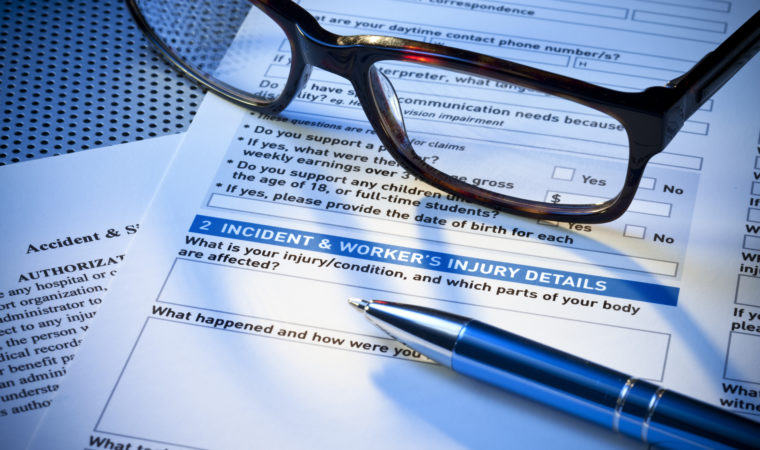Auto Unions Seek Federal Regulation and Oversight for Autonomous Vehicles
The automotive industry is on the verge of a massive transformation. Autonomous vehicles are widely expected to take over the roads in the not-too-distant future. However, these vehicles raise a host of questions about safety, labor, and privacy concerns. As a result, some auto unions are asking for federal regulation and oversight to ensure that these self-driving cars are developed with the best interests of American workers and consumers in mind.
1. Safety Concerns:
The safety of autonomous vehicles has been a major concern since their introduction. Many worry that these cars won’t be able to navigate complex situations on the road, such as intricate intersections or sudden pedestrian activity. Furthermore, the idea of a vehicle being programmed to make life-and-death decisions is somewhat unsettling. Auto unions are asking for regulations to be put in place that would ensure thorough testing, safety features, and strict guidelines for autonomous vehicles to ensure the safety of drivers and pedestrians alike.
2. Labor Concerns:
As with any significant change, the rise of autonomous vehicles brings labor concerns to the forefront. Many auto workers are wary of this new technology, seeing it as a potential threat to their jobs. Unions argue that the best way to strike a balance between technological progress and job security is to have oversight from the federal government. By regulating the pace and scope of automation, unions can work to ensure that the transition to self-driving vehicles doesn’t result in widespread layoffs in the auto industry.
3. Privacy Concerns:
Many advocates have raised concerns about the privacy implications of autonomous vehicles. With the amount of data generated by these cars, it’s not hard to imagine that personal information could be used in ways that are not in the best interests of consumers. Auto unions are requesting that regulations be put in place to ensure autonomous vehicles are user-centric and that the privacy of riders is protected.
4. Infrastructure Concerns:
The advent of autonomous vehicles could require a significant shift in infrastructure. For example, certain roads or signage could need to be updated to ensure that the technology runs safely and efficiently. Auto unions are asking for regulations that would mandate the federal government to ensure that the necessary infrastructure upgrades are made to support the usage of self-driving cars, facilitating their adoption, and improving safety and accessibility.
5. Benefits of Federal Regulation:
In conclusion, the adoption of autonomous vehicles is not a question of whether, but when. Rather than resisting the inevitable technological progress, auto unions argue that it is time to think about the best way to ensure this transformation benefits American workers and the economy, while also addressing safety and privacy concerns. By introducing federal regulations and oversight, these issues can be addressed and managed in a way that benefits everyone.
The rise of autonomous vehicles is just the latest example of how technology is transforming the way we live and work. While this progress is necessary and will ultimately benefit society, it’s important to consider the potential social impact and implications. Auto unions’ plea to the federal government to provide regulation and oversight is a proactive step in the right direction. It will ensure that the transition to self-driving cars is as smooth as feasible, giving workers and consumers the best possible outcome. The introduction and management of federal regulations is not only about ensuring safety, protecting privacy, or preventing job displacement, but also about ensuring that the transformation process is equitable and sustainable.

